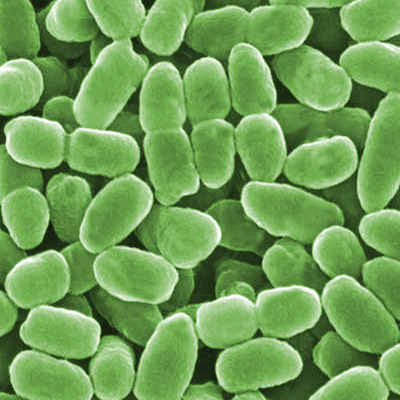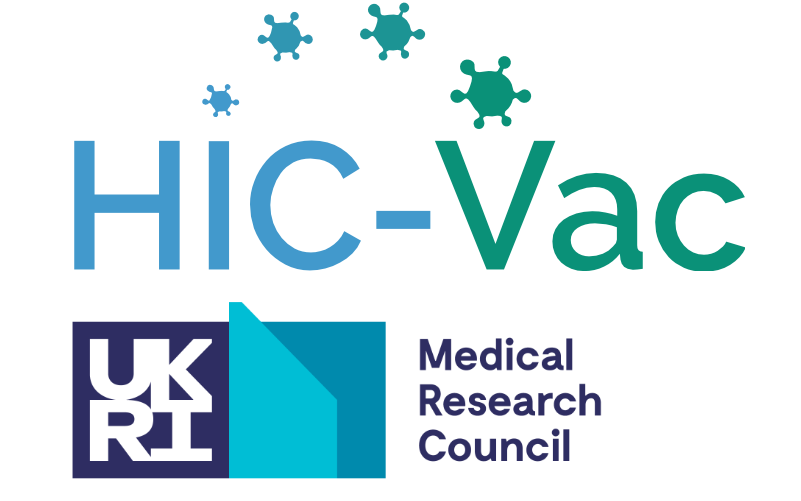Institute: University of Southampton
Impact of Bordetella pertussis colonisation on the upper respiratory tract microbiome
Whooping cough, also called pertussis, is caused by a highly contagious bacterial infection of the lungs and airways. Whooping cough can affect people of any age, but babies and young children are at higher risk of dangerous complications. Despite the widespread use of vaccination, the number of whooping cough cases has risen in recent years in some countries.

Image: AJC1 _ Flickr
To investigate why infection rates are increasing, Dr Cleary and his team are using a safe human infection study, where volunteers are purposefully exposed to the Bordetella pertussis bacteria that cause whooping cough. They want to use the study to find out if people can carry the bacteria in their noses without experiencing any symptoms of the infection – which could explain how the infection is spreading.
The collection of bacteria, viruses and fungi that normally live in our noses is called the ‘microbiome’. The exact microbes that make up the microbiome can affect how easily new bacteria can take hold, and whether it progresses to cause symptoms.
In this project, we will compare the microbiomes of people who become infected with Bordetella pertussis to those who don’t.
The results from our study could address keys gaps in our knowledge about how these bacteria take hold in our airways and cause disease.
More about Dr Cleary here.

